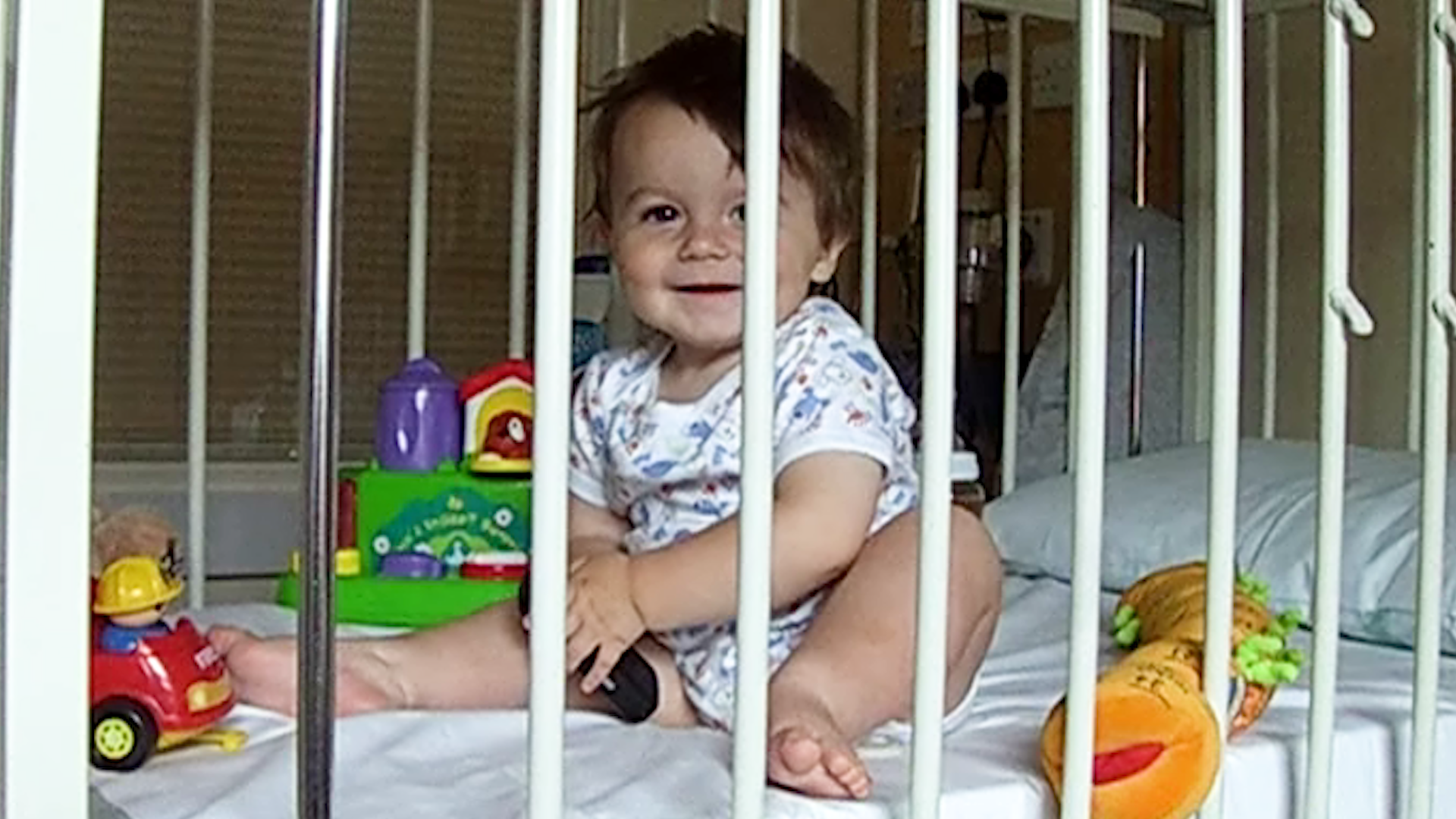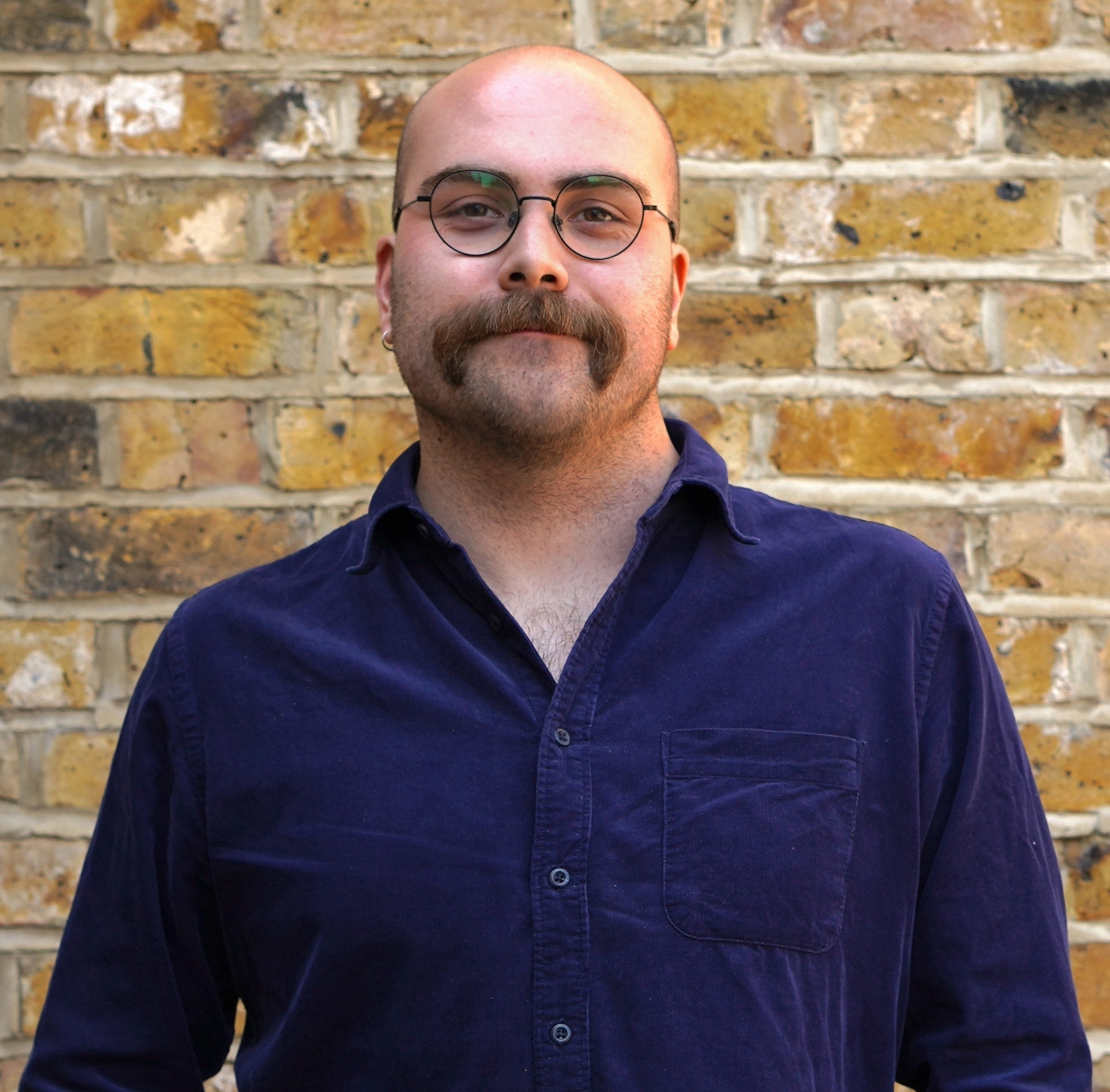Video Credit: Jack Satchell & Rhys Norman / RightsInfo
If you have had to fight to have your human rights recognised or respected in the UK, or you have benefited from human rights actions please get in touch with us. We want to feature your stories in our ‘A Lifetime of Human Rights’ series.
Despite suffering the most appalling tragedy, Craig Mathieson, the father of severely ill Cameron, won a Supreme Court battle that changed the Department of Work And Pension’s ability to strip a child and its parents of state benefits because they are still in hospital. Here, he talks to Jack Satchell and Rhys Norman about the case that changed the lives of hundreds of struggling families for the better.
Cameron was my youngest son of four children. He was born in 2007, and when he was three days old, we realised that he was very ill.
He was diagnosed with cystic fibrosis – a genetic condition that affects the body’s ability to control the movement of salt and water between cells and makes things like breathing particularly difficult And then, when he was 18 months old, he was diagnosed with Duchenne muscular dystrophy – a genetic disorder characterised by progressive muscle degeneration and weakness – as well.
So, throughout his life, he had a number of serious complications as a result of the interplay between having two serious life-limiting conditions.
He didn’t do sick, didn’t do disabled, he never asked for sympathy. His attitude to life was: I am having a great time, come and join in.
Craig Mathieson
But, in spite of that, he was a little boy who lived pedal to the metal. He didn’t do sick, didn’t do disabled, he never asked for sympathy. His attitude to life was: I am having a great time, come and join in.
When he was small, I begged him, absolutely begged him, to fight – to fight for his life. I promised him that if he did, then I would do everything that I could. If you can’t live long, I said, I will help you live fast. And that’s how he lived his life. That was what he did.
‘We Were Doing OK’
When Cam was born, we weren’t in receipt of any benefits at all – my wife and I were running our own company with some friends of ours.
But as Cam was diagnosed with cystic fibrosis at three days of age, he had major surgery. He was in theatre for over seven hours and came out with twin stomas. He had to be fed very carefully, as well as being fed intravenously, at that point.
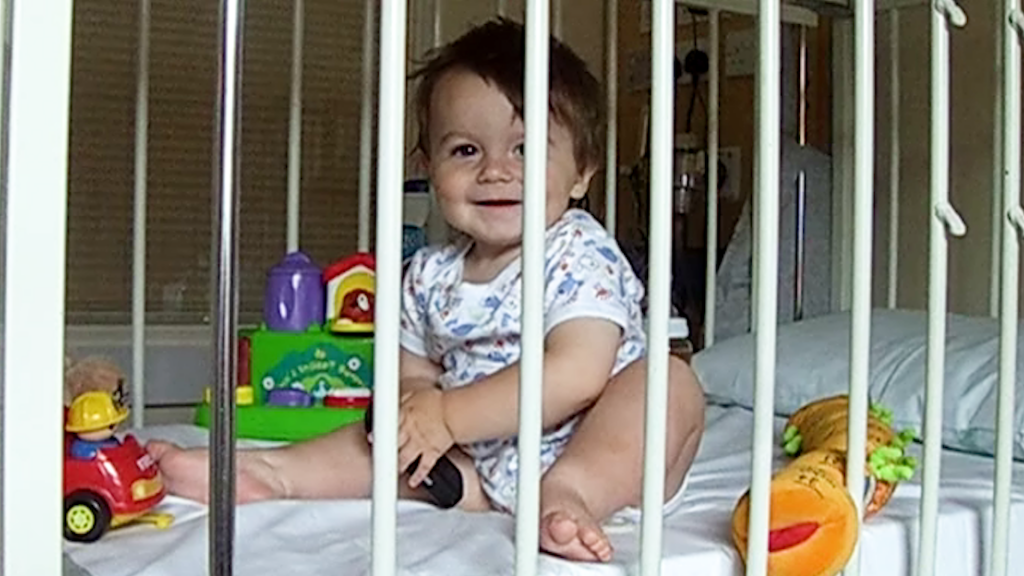
Cameron as a young child. Image Credit: Craig Mathieson
The staff at Alder Hey in the respiratory unit used to badger me every time I took Cam in for his check-ups. Have you applied for Disability Living Allowance (DLA) yet? And I said: no, we don’t need it.
My wife and I took the view that we didn’t want to fall back on state benefits because we were making enough ourselves to meet our family’s needs and we were doing okay.
We thought, we are going to have to bite the bullet, we are going to have to ask for help, even though we didn’t want too.
Craig Mathieson
It wasn’t until we had to give up work, as Cam got sicker, and it took more and more of our time to look after him, that we thought: we are going to have to bite the bullet, we are going to have to ask for help, even though we didn’t want to. He had a chronic obstruction in his bowel and, in July of 2010, had an operation that removed about 90 per cent of his gut.
‘We Needed Help’
First we applied for DLA for Cam, and then we ended up having to apply for income support and a carer’s allowance as well, because we just couldn’t make ends meet anymore.
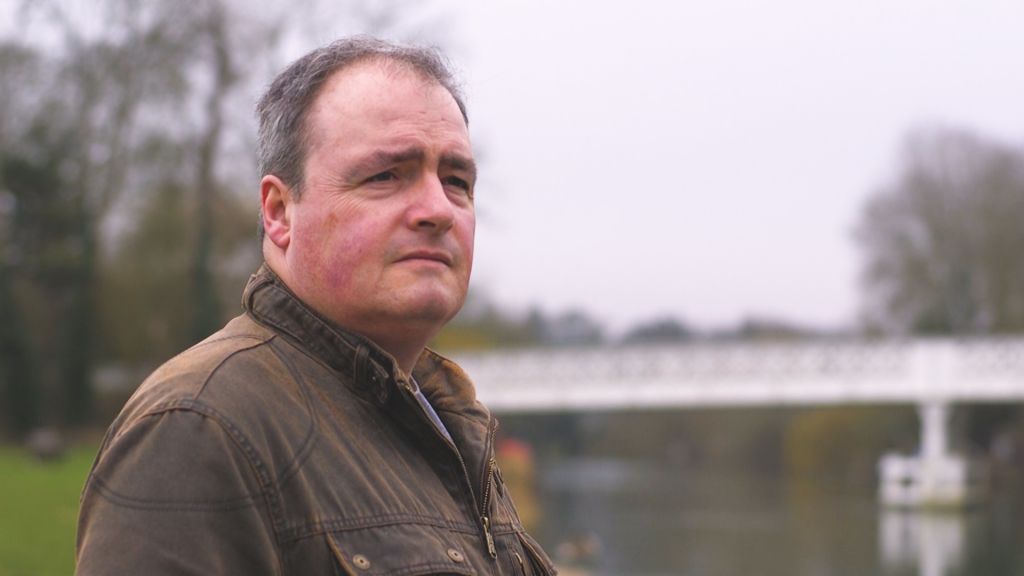
Craig Mathieson was forced to ask for help as his son became more ill. Image Credit: Craig Mathieson
We had used up all our savings and had sold off every asset that we could, in order to make our own way, and we realised we had reached the end of the line. We needed help. We, effectively, were allowed to retire temporarily to do the best that we could for our child.
I contacted the Department of Work and Pensions (DWP) to let them know when Cam was admitted to hospital, how long he had been in there for, and that we had no immediate prospects of a discharge date. And, at that point, they said to me: his benefits will be reviewed, as will his entitlement to DLA.
I went to go and take money out of the bank and there was nothing there… that’s when we decided to fight back.
Craig Mathieson
I didn’t worry about it too much, gave them all the information that they needed. I spoke to them about a week before the benefits were due and they reiterated: no, it is just being reviewed. Then, on the day that his benefits were due to be paid, I went to go and take money out of the bank and there was nothing there.
I called them up to say: “has there been a mistake?” And they said, no, you are not entitled to it anymore, it is stopped, and it will be reinstated on the day that your son is discharged from hospital. So we were suddenly left with a massive financial shortfall. That’s when we decided to fight back.
Fighting Through Tragedy
The first stage is that you appeal to the DWP and ask them to reconsider their decision and that is dealt with entirely by the department. I then went to the Law Centre in Warrington and explained to them the situation and, based on the experiences I had as a social worker it gave me a bit of insight, and I was able to say why I thought that it was wrong.
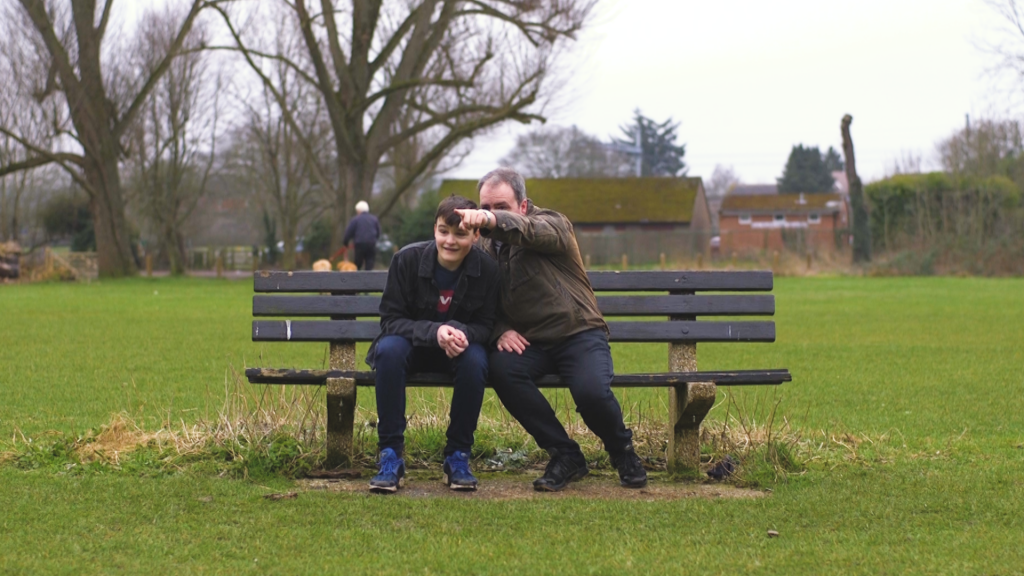
Craig Mathieson with Cameron’s brother Guy. Image Credit: Craig Mathieson
At that point, they asked me if I had £50,000 to put on account for the barrister because they said: if you can get this argument in front of somebody with the authority to make the decision on it, then this is unbeatable. So, at that point, it planted the seeds that I needed to just keep going.
We had the rather surreal experience of the judge in the Upper Tribunal extending his condolences and rulling against Cam at the same time.
Craig Mathieson
By October 2012, we had been to the Upper Tribunal in London where again the judge accepted all of the evidence that we put forward, but still ruled against us.
And then Cam died.
So we had the rather surreal experience of the judge in the Upper Tribunal extending his condolences and ruling against Cam at the same time. We then had to appeal against that and again that was turned down.
A Vital Victory
But we didn’t give up.
We got permission to appeal to the Court of Appeal, which we did, and in spite of all the difficulties with legal aid being given to us and withdrawn over and over again, eventually we managed to establish that Cam had been entitled to legal aid throughout his life, and that even though he had died, the case was still eligible for legal aid because of the public interest in it.
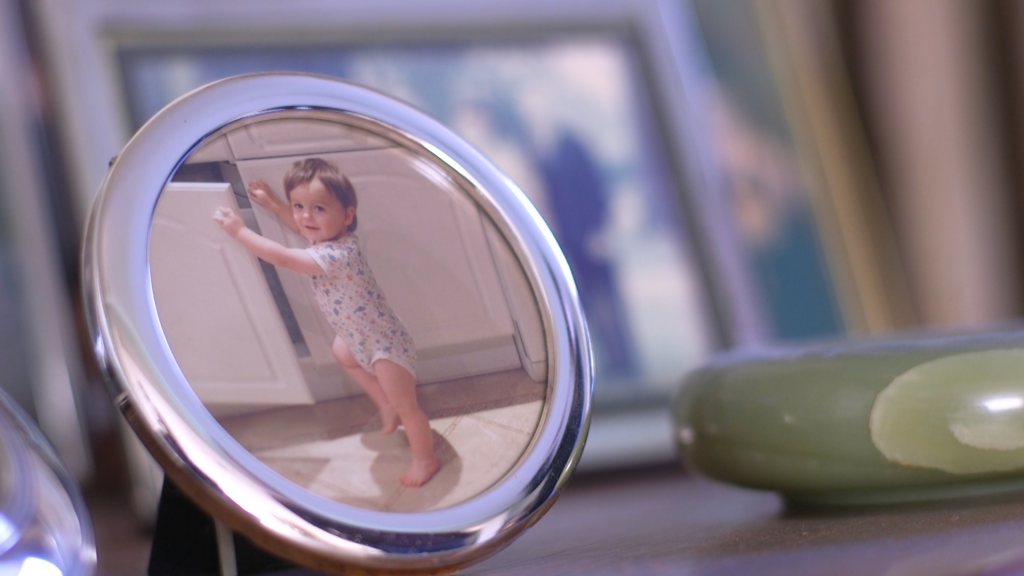
Cameron’s legacy helped thousands of others. Image Credit: Craig Mathieson
We realised that more than 1,000 families benefited in the first eight months after a decision was finally reached in the Supreme Court, where five judges ruled unanimously in Cam’s favour.
I came out of the Supreme Court thinking: that was amazing, better go and do a law degree to figure out how we achieved that, to actually understand it properly. And I am still not sure entirely that I do, but it has reinforced to me how vital human rights legislation, like Article 1 protocol 1 that we used in Cam’s case, is.
Treating each other fairly and making sure that the rules that apply to one apply to everyone else is so important.
Craig Mathieson
Treating each other fairly, and making sure that the rules that apply to one apply to everybody else is so important. The human rights legislation that we have now came out of the aftermath of the Second World War, and all of the rights that are set out in all the various Conventions arise from the most appalling atrocities that had been committed.
It never starts with gas chambers. It starts with one small difference being used as a justification for treating somebody differently, and then you slide down the slope.
‘Everybody’s Child’
We often used to refer to Cam as our son, but he was everybody’s child, he just engaged with everyone.
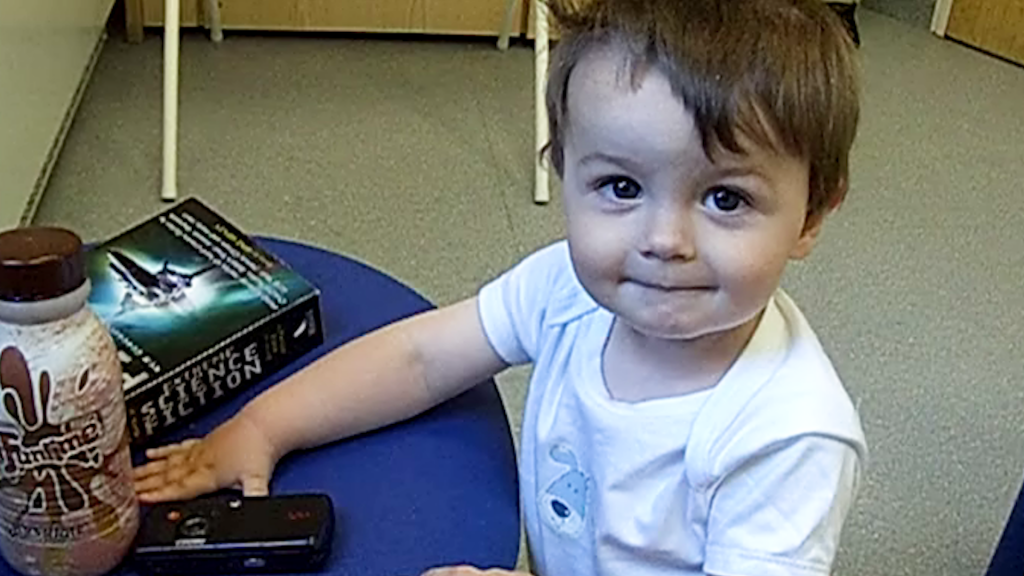
The change in the law helped many more families. Image Credit: Craig Mathieson
At his funeral, I was told afterwards something like 700 people came to his memorial service.
They didn’t come for us. Every single person who came was there because they had an individual relationship with Cam. He was just an amazing people person. You couldn’t spend any amount of time with Cam without laughing.
We used to call Cam our son, but he was everybody’s child.
Craig Mathieson
Even when he was angry, and even when he seemed to be misbehaving, it was still funny.
Like I said, if we look out for each other, if we make that promise to the world at large, that however long you are here I will do my part to try and make your life a little bit better. And human rights provides guidance, and a framework, it gives you an idea of how you might go about doing that.
This story is one in our year-long, ‘A Lifetime of Human Rights’ series, commemorating the 70th anniversary of the Universal Declaration and celebrating its impact. We will tell a range of stories from the perspectives of influencers, campaigners and ordinary people who have fought for rights and the rights of others.
If you have had to fight to have your human rights recognised or respected in the UK, or you have benefited from human rights actions please get in touch with us. We want to feature your stories in our ‘A Lifetime of Human Rights’ series.

